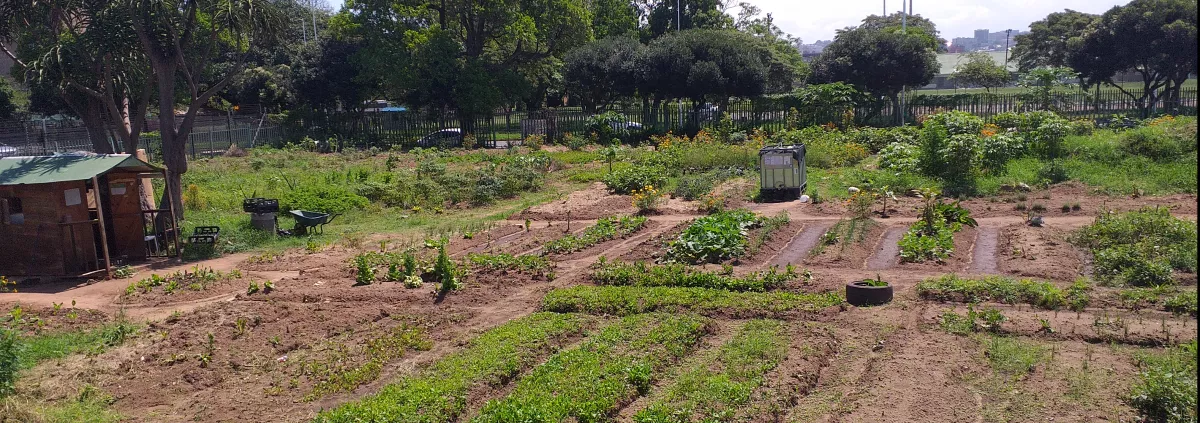Overview
As the world recovers from the aftermath of the Covid-19 pandemic, more innovative ideas to ensure food security are being discovered. In this virtual insight session, from North Beach Durban, we share with you a good practice of a food garden started by homeless men during the lock down at the end of 2021. Using the Sisonke Garden as a pilot project, Bioregional is collaborating with the local municipality to work on developing the business plan to be applied in more gardens to promote local production as well as composting.
In the second instalment on Urban Food Security, we get nuggets on circular economy along the food supply chain and collaboration between non-state actors and local governments to contribute towards food security. Bioregional is working with the municipality to transform this project into a scalable, replicable system to be applied and create a whole market, providing employment opportunities and a localized solution for food waste that would limit greenhouse gas emissions from landfills as well as transport involved in disposing of food and garden waste.
Objectives
- Introducing “One Planet Living” action planning tool.
- Highlighting the importance of localizing economies and the benefits of circular economies.
- Sharing the good practice to motivate other municipalities to replicate similar initiatives.
AgendaTime (CET)
Topic
Speaker
13:00-13:05
Introduction and opening remarks
Connective Cities moderator
13:05-13:30
Urban food growing in downtown Durban (eThekwini), KwaZulu Natal province of South Africa. Two City exemplars - successes, lessons learnt, innovations and challenges
Sarah Alsen, Director, Bioregional South Africa
13:30-13:55
Urban Agriculture in Habiba Community
Maged Al Sayed, Habiba community, Egypt
13:55-14:00
Summary and closing remarks
Connective Cities moderator
